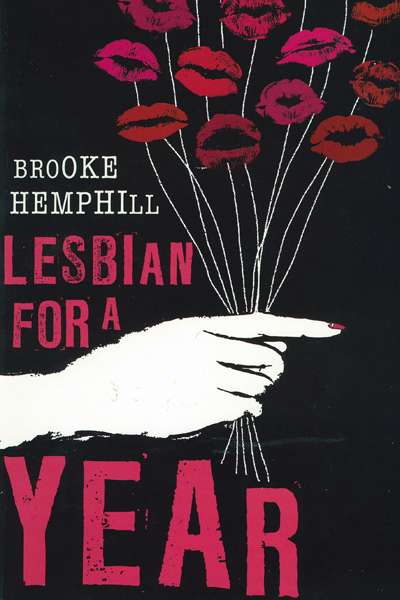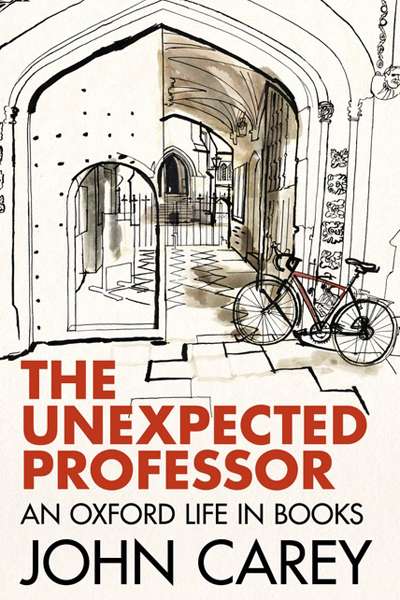Memoir
I am a ‘Sputnik’, born in the year the Soviet satellite launched the Cold War into space. The launching by the Russians of the first artificial Earth satellite on 4 October 1957 seemed to many in the West a threatening symbol of escalating superpower rivalry. And it did unleash extreme military anxiety and triggered what became known as the Space Race. Twelve years later, in the mid-winter of 1969, I remember waking up just before midnight to watch on television as a Saturn V US rocket, wreathed in smoke and flame, inched its way off the ground at Cape Canaveral. It powered mightily against the pull of gravity and triumphed. It was beginning its journey out of Earth’s atmosphere towards the Moon.
... (read more)Acute Misfortune: The life and death of Adam Cullen by Erik Jensen
by Peter Rose •
A Woman of Influence: Science, men and history by Ann Moyal
by Susan Magarey •
In My Mother's Hands: A disturbing memoir of family life by Biff Ward
by Sheila Fitzpatrick •
The Unexpected Professor: An Oxford life in books by John Carey
by Colin Steele •








